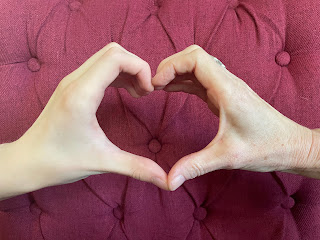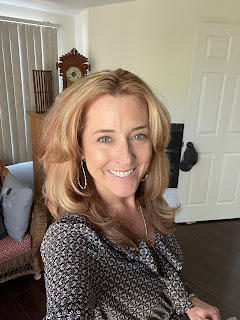Couples Therapy - What to Expect
Some couples might feel that, if they love each other enough, they should be able to work through anything, without professional help. While love is a key ingredient in a good relationship, it can be seriously challenged by feelings of not being heard or supported, not having a sense of connectedness, not being able to work through challenges/disagreements effectively, and infidelity and betrayal. This can create frustration and resentment between partners and lead to criticism, contempt, defensiveness, and stonewalling; the Four Horsemen of the apocalypse of the relationship, according to John Gottman, a noted researcher and theorist of relationships. If you experience these regularly, they have probably caused a rift in your relationship. A couples therapist will help partners recognize these aspects in their relationship and give the couple tools to resolve them.
Below is a list of some of the things you might experience in couples therapy, with a therapist who has empathy for and is supportive of both partners:
- Discussion about goals for therapy
- Formal/Informal assessment of your relationship to pinpoint areas of focus and further discussion
- Joint and individual sessions
- Exploration of the history of your relationship, and possibly previous relationships
- Exploration of your lived experience and how it relates to your current issues
- Exploration of your conflict style
- Exploration of areas of gridlock, such as finances, becoming parents, parenting, family, in-laws, work/life balance, etc.
- Exploration of your attachment style and what it means for your relationship
- Exploration of infidelity and betrayal, the affects of it for both partners, what the two of you can do to support each other and reconnect, rebuilding the relationship, recognizing risk factors
- Learning communication skills and coping strategies, and practicing them in sessions and between sessions
- Learning ways to reconnect and reignite the friendship, trust, and connection in your relationship
- Learning about your partner, increasing understanding and empathy for them
- Follow up on areas of concern and support for growth, as you practice the new skills you have learned with your therapist
Even couples in healthy relationships experience conflict, but it is how they communicate, the strength of their friendship, and the positive regard they hold for each other that helps them get through it unscathed and without resentment. John Gottman found that in healthy relationships, for every ONE negative interaction, there are at least FIVE positive interactions - the 5:1 ratio.
Couples therapy is not just for relationships in trouble, some couples may seek out therapy for a relationship tune up and for premarital counseling.
Reference:
Gottman, J.M. (1999). The Marriage Clinic: A Scientifically Based Marital Therapy. WW. Norton & Company: New York, NY.
Visit my Psychology Today profile to find out more about me and how to contact me.
--Suzanne Perry is registered with the California Board of Behavioral Sciences as an Associate Marriage and Family Therapist (132904) and Associate Professional Clinical Counselor (11290). She currently practices at Edelman Counseling in Westlake Village, under the supervision of Marina Edelman, LMFT (51009).


